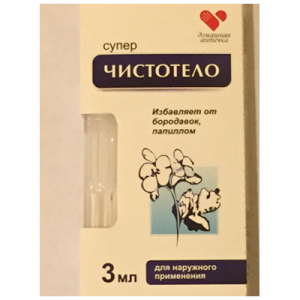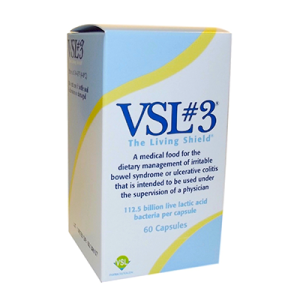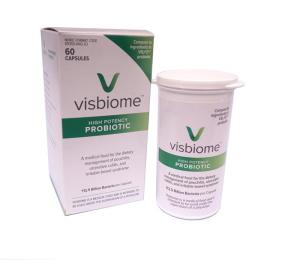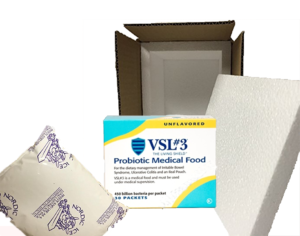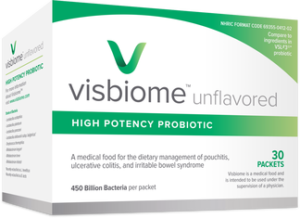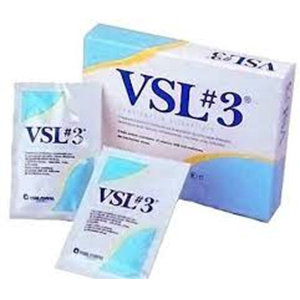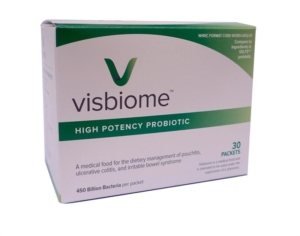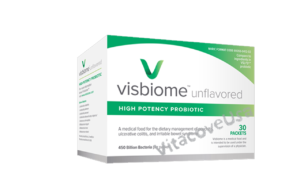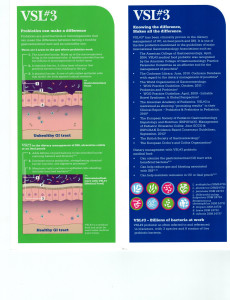Healthy gut Food
In theory, you should be able to digest just about any type of food you put in your mouth.
Healthy gut Food is the way to go.
But changes in food processing and preparation (think fried) not to mention lifestyle (think sedentary) mean our stomachs don't always react well to everything we eat.
It's best to avoid some food—like fatty meats—to avoid upset tummies. But, fortunately, nature also provides foods that can ease our
digestion. Here's a guide to what's good and what's bad when it comes to keeping your system running smoothly.
High-fat and fried food
Worst
Both high-fat and fried food can overwhelm the stomach, resulting in acid reflux and heartburn. "The body can only handle so much at one time," says Jessica Anderson, RD, a diabetes educator with the Texas A&M Health Science Center Coastal Bend Health Education Center, in Corpus Christi.
High-fat food also can result in pale-colored stool, a phenomenon called steatorrhea, which is essentially excess fat in the feces. A lot of people with irritable bowel syndrome need to stay away from foods high in fat, she says, including butter and cream because they can cause digestive problems.
Chili peppers
Worst
This staple of spicy cuisine can irritate the esophagus and lead to heartburn pain.
This can be a particular problem for people with irritable bowel syndrome or those who already suffer from chronic heartburn, says Tim McCashland, MD, a gastroenterologist at the University of Nebraska Medical Center, in Omaha.
Dairy
Worst
You need calcium in your diet, and an easy way to get it is from dairy products such as milk and cheese. But, for the lactose intolerant, these can cause diarrhea, gas, and abdominal bloating and cramps.
Lactose intolerance, a common problem, occurs when people don't make enough lactase, an enzyme that breaks down lactose (the sugar found in milk). Celiac disease, Crohn's disease, and chemotherapy can damage the intestines, which also can lead to lactose intolerance.
If you're lactose intolerant, staying away from dairy is probably your best bet.
Alcohol
Worst
Alcohol relaxes the body, but, unfortunately, it also relaxes the esophageal sphincter. This can lead to acid reflux or heartburn.
Drinking also can inflame the stomach lining, impairing certain enzymes and preventing nutrients from being absorbed, Anderson says. Too much alcohol can cause diarrhea and cramping, but unless you have a gastrointestinal disorder, moderate amounts of alcohol shouldn't irritate the digestive tract.
Guidelines suggest no more than two drinks a day for men and one for women.
Berries
Worst
Berries are good for your health, but ones with tiny seeds can be a problem for people who have diverticulitis, or pockets that develop in the intestine (usually the large intestine) that become inflamed or infected.
"The theory is that the seeds will obstruct the [pockets] and pose a risk of infection," Dr. McCashland says. "It's never been proven in a study but it's always been theorized." If you find that seeds, including sunflower or pumpkin seeds, irritate your intestines, stay away from them.
Chocolate
Worst
A 2005 study suggested that chocolate may be a problem in those with irritable bowel syndrome or chronic constipation.
But chocolate itself may not be the villain, Anderson says. For people with milk allergies, the real culprit could be the milk contained in many chocolate treats. And chocolate has caffeine in it, which can stimulate cramps, bloating, and diarrhea.
Coffee, tea, and soft drinks
Worst
Coffee, tea, and carbonated beverages not only over-relax the esophageal sphincter, which keeps stomach acid confined to the stomach, but they also can act as diuretics, which can lead to diarrhea and cramping, Anderson says.
Caffeinated beverages can be a particular problem, especially for people with gastroesophageal reflux disease (GERD).
If you have GERD or heartburn, you should avoid mint tea; it can, however, also calm the stomach, Anderson says.
Corn
Worst
Fiber-rich corn is good for you, but it also contains cellulose, a type of fiber that humans can't break down easily because we lack a necessary enzyme.
Our evolutionary ancestors were probably able to break it down with bigger, stronger teeth, Anderson says. If you chew corn longer, you can probably digest it just fine, she says. But wolf it down and it may pass through you undigested, and cause gas and abdominal pain.
Yogurt
Best
You have trillions of bacteria in your gut that help you digest food, and yogurt contains some types of these healthy bacteria. (Although not all yogurts have them—check for "live and active cultures" on the label.)
"Yogurt has bacteria, which replenishes the normal flora within the gastrointestinal tract so it's healthy," Dr. McCashland says.
Kimchi
Best
Kimchi is a Korean favorite usually made with cabbage, radish, or onion, along with lots of spices. The main ingredient is usually cabbage, which promotes the growth of healthy bacteria in the colon.
And cabbage is a type of fiber that's not digested, so it helps eliminate waste, keeping bowel movements regular, Anderson says. Sauerkraut is good for the same reasons.
This dish can be spicy, however, so it might not be a good option if you’ve found that spicy foods trigger digestive problems for you.
Lean meat and fish
Best
If you're going to eat meat, go for chicken, fish, and other lean meats—they'll go down a lot easier than a juicy steak.
"Red meats tend to be fattier," Anderson says. "Your body can handle lean meats and fish and chicken a whole lot better than prime rib."
And lean meats and fish have not been associated with an increased risk of colon cancer like high-fat red meats have.
Whole grains
Best
Whole grains, such as whole-wheat bread, oats, and brown rice, are a good source of fiber, which helps digestion.
"If there's one thing America lacks, it's fiber," Anderson says. "We need 20 to 30 grams a day and we maybe get 12."
Fiber also can help you feel full and lower cholesterol, but it can cause bloating, gas, and other problems in people who quickly ramp up their intake—it's better to take it slow when consuming more. And wheat grains are a no-no for those with celiac disease or gluten intolerance.
Bananas
Best
Bananas help restore normal bowel function, especially if you have diarrhea (say, from too much alcohol).
And they restore electrolytes and potassium that may be lost due to runny stool. This fruit also has lots of fiber to aid digestion. "A banana a day is what I always say," Anderson says.
Ginger
Best
This spice has been used for thousands of years as a safe way to relieve nausea, vomiting, motion sickness, morning sickness, gas, loss of appetite, and colic.
But it's best to consume it in moderation. High doses of ginger can backfire; more than 2 to 4 grams per day can cause heartburn.


